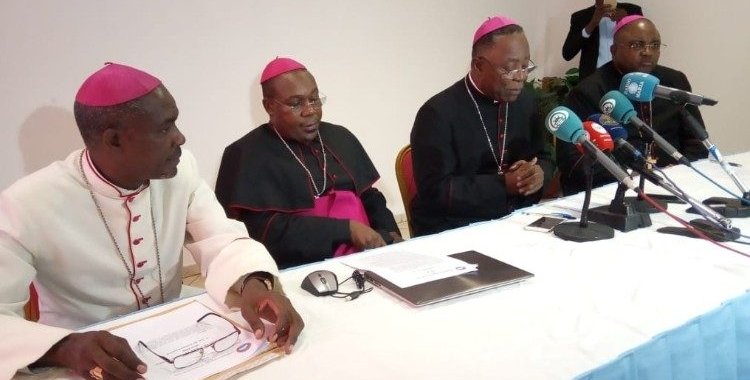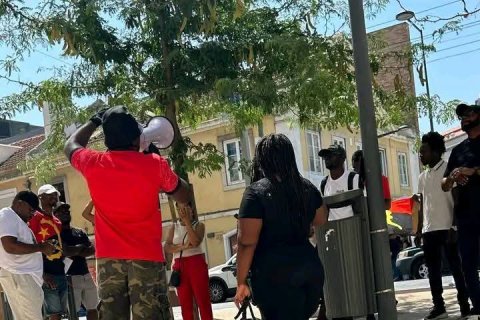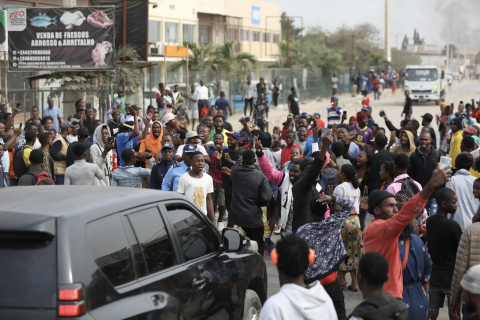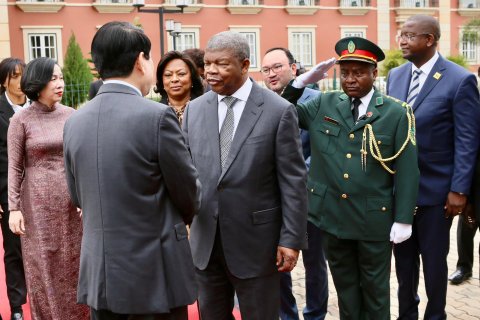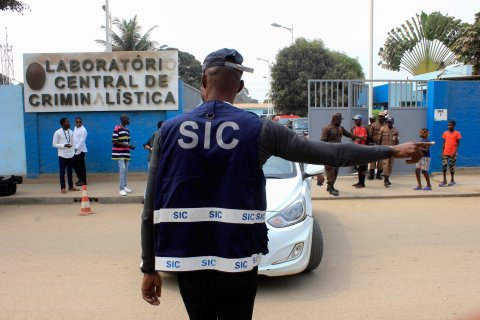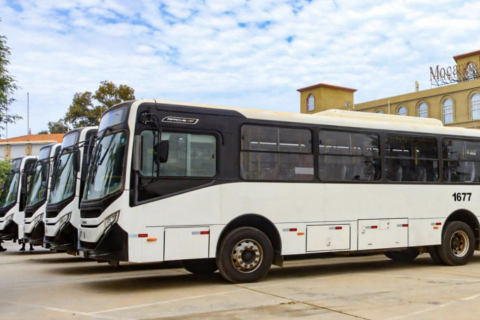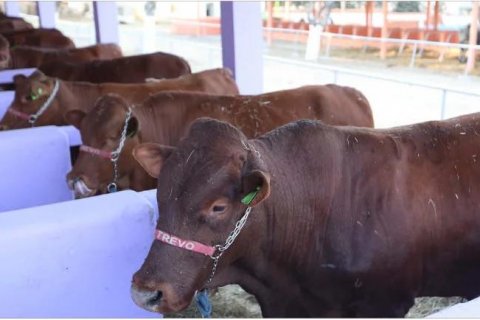According to the spokesperson of CEAST, Belmiro Chissengueti, the request for forgiveness by the President, João Lourenço, is "an act of courage and a step that was expected for many years, especially by the direct victims of these events."
"And many of these, some have also died, but as they say better late than never and I think it was an act of courage of the President of the Republic to have assumed the excesses of the 27th of May 1977," said Belmiro Chissengueti, in statements to Lusa.
For the Catholic bishop, the President's initiative also translates into a "good step towards national reconciliation", noting that "many of the excesses" of that period, which victimized thousands of Angolans, "could have been avoided".
"And we know that this request for forgiveness is also extensive to all the political conflicts that have occurred in Angola since independence until today," he stressed.
The Government pays tribute this Thursday, for the first time, to the victims of the summary executions that occurred on May 27, 1977.
The President, João Lourenço, on Wednesday apologized on behalf of the state for the summary executions carried out after the alleged coup of May 27, 1977, stressing that it is a "sincere regret."
"This is not the time to point fingers at each other looking for the guilty. It is important that each one assume his responsibilities in his part. It is thus that, imbued with this spirit, we have come to the victims of the conflicts and to Angolans in general to humbly request, on behalf of the Angolan State, our public apologies for the great evil that was the summary executions at that time and under those circumstances," said the head of the executive.
João Lourenço was addressing the country in a communication on the eve of the date of the alleged coup, marked this Thursday for the first time with a tribute in memory of the victims.
"The public apology and pardon is not just simple words and reflects a sincere repentance and willingness to put an end to the anguish that these families carry due to lack of information regarding their loved ones," he added.
The apology was a complaint of the survivors and organizations representing the victims and their descendants, grouped in the 27 of May Platform.
The Chief Executive also announced that this Thursday will begin the process of delivering the first death certificates to family members, and in the next few days will begin the process of locating the remains and bones of prominent figures involved in the alleged coup attempt, such as Nito Alves, Sita Vales, José Van Dunem, former military and other victims of the 27 of May, for exhumation and delivery to family members.
João Lourenço admitted that, due to the time elapsed, it may not be possible to locate all the victims, but he assured that all efforts will be made so that the families can hold a dignified funeral and asked for everyone's understanding for the cases in which it is not possible to reach this goal.
Belmiro Chissengueti reiterates that the initiative of the head of state "is an initial step of reconciliation with history, with the past", but, he points out, "it is fundamental that in the present every effort is made so that the barbarity of 77 and other conflicts do not happen again".
"If we make and have the courage to reconcile with the dead, for the most part, we must also do so with the living, that is, to ensure that in the ordinary political concert we seek to safeguard the common good, to promote the values of charity, solidarity, sharing, love, and concord," he argued.
The diocesan bishop of Cabinda, northern Angola, also considered it necessary to "avoid situations of political intolerance, humiliation of political opponents and all those situations that can provoke new conflicts.
"For it is with the living that we have to face to face reconciliation," concluded the CEAST spokesman.
For João Lourenço, the posture of a State "should be pondered and measured by the responsibilities that it has in the defense of the Constitution, of the law and of human life".
The governor also alluded to the victims of other events such as the women of the Jamba fires, passengers of the Zenza do Itombe train, and the martyrs of Kuito and Huambo, showing his conviction that "with this gesture, the souls of the victims of the political conflicts will have the peace needed for eternal rest", in a turn of the page that leads to the reconciliation of the Angolans, regardless of their political party colors.
On May 27, 1977, an alleged coup attempt, an operation led by Nito Alves - then former Minister of Interior from independence (November 11, 1975) until October 1976 - was violently repressed by Agostinho Neto's regime.
Six days earlier, on May 21, the Popular Movement for the Liberation of Angola (MLPA, in power) had expelled Nito Alves from the party, which led the former minister and several supporters to invade the Luanda prison to release other sympathizers, taking control of the national radio station at the same time, a move that became known as "fractionism".

